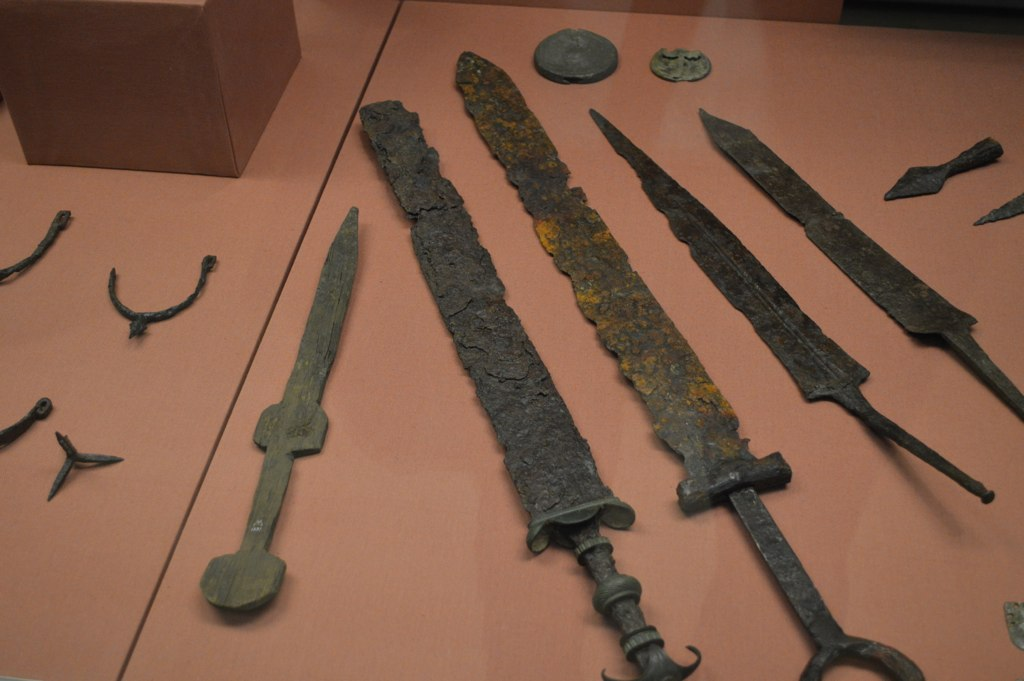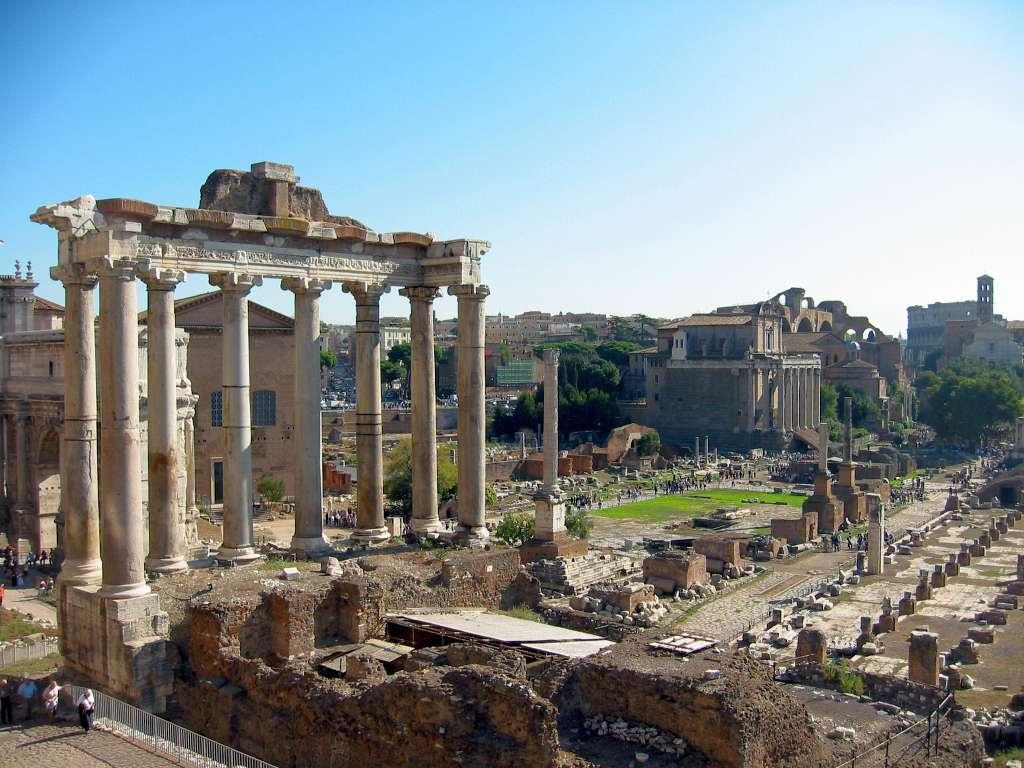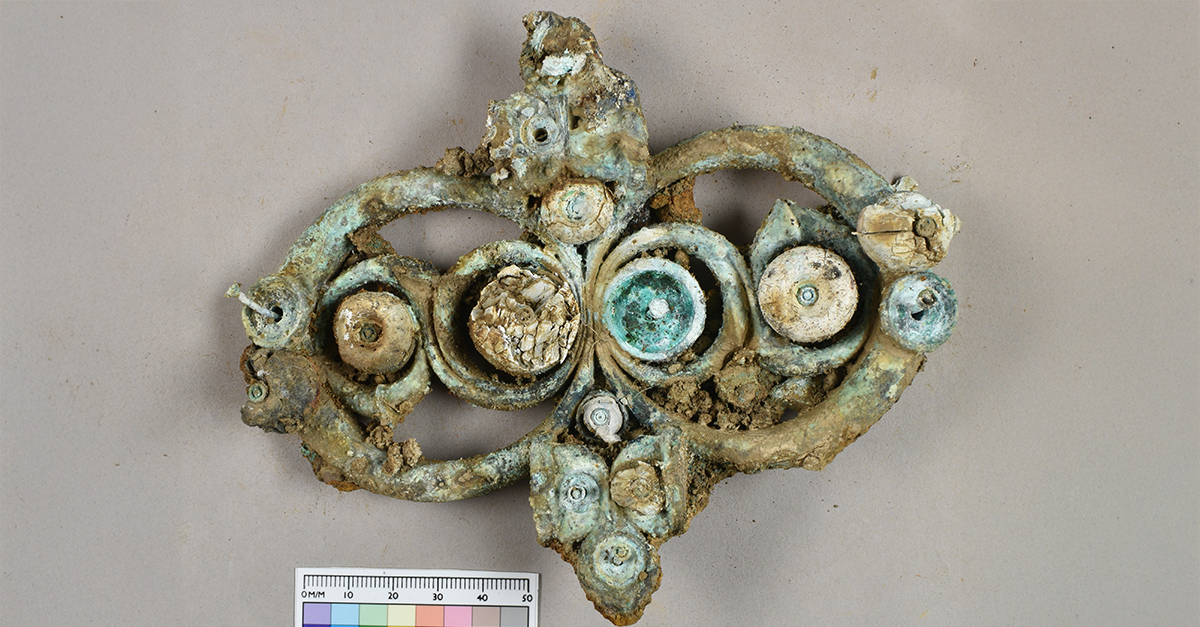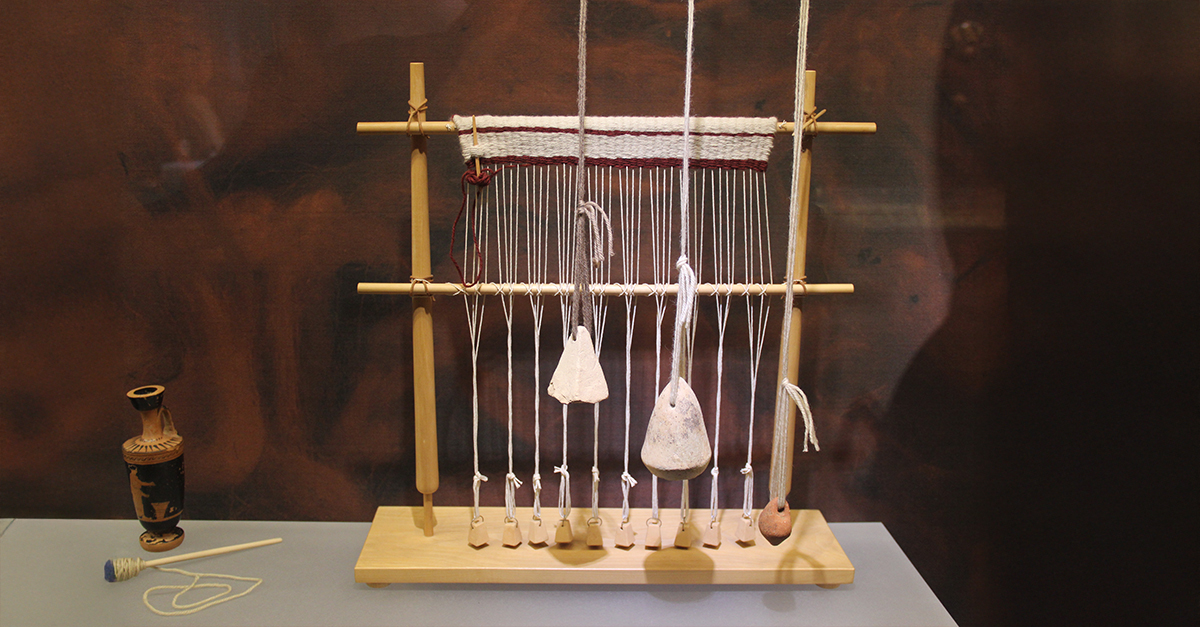In late 2023, four Roman swords were discovered in an obscure cave by the Dead Sea in Israel. This archeological find has fascinated historians around the world, and there is now an eager push to uncover the secrets behind the well-preserved artifacts. Ultimately, the hope is that the four swords can give us further insight into the Roman Empire, particularly regarding their military culture and trade endeavors.
What are the Dead Sea Swords?
Known for its biblical relevance and distinctive physical features, the Dead Sea is home to a vast collection of hidden ancient relics from the past just waiting to be unearthed. While exploring the area, archaeologists stumbled upon a cave containing what the Israel Antiquities Authority (IAA) said were four "exceptionally well-preserved" Roman swords dating back to the first century CE. Such was a period that marked the height of the Roman Empire's dominance and expansion.
Specifically, it was a group of photographers who were taking pictures of an inscription in the cave who discovered the swords, which were placed in an almost inaccessible crack in the rocks. Archaeologists who later examined the swords put out the theory that Roman troops initially seized them, and then they were later stashed in the cave by Judean rebels. Thanks to the preservation of the swords, researchers have been able to learn more about Roman craftsmanship, as well as the military intelligence and tactical prowess of the Roman army.
New insights about the Roman Empire
The discovery is notable not only for its archaeological significance but also for the historical background it provides. With its wide geographic reach, the Roman Empire had an enormous impact on the cultures and societies it came into contact with. These swords' discovery near the Dead Sea suggests a military mobilization that goes beyond the customary limits of Roman power.
Historians are looking forward to examining the swords' composition and studying the metallurgical processes used in their manufacture. Preliminary inspections indicate a degree of workmanship consistent with the sophisticated metallurgical expertise of the Roman Empire. Since the materials used to create swords may have been sourced from different parts of the empire, they should provide invaluable insights into the technological innovations and commerce activities of that time.
Discussions concerning the Dead Sea's significance for historical trade routes and warfare logistics have also been resurrected by this finding. The water, which is sometimes seen as a natural barrier in times of conflict, might have been more important than previously believed in the maneuvering of Roman forces to strategic locations in the area. The placement of the swords suggests that there may be a military outpost or important crossing point nearby.
More research is still needed
Furthermore, the geographic position of the find prompts intriguing queries concerning Roman military operations around the Dead Sea. Although there are references to Roman conquests in the Eastern Mediterranean in older accounts, the discovery of well-preserved swords in the Dead Sea suggests the possibility of more extensive military involvement than previously thought. To integrate this newly discovered data into the broader narrative of Roman expansion, historians are currently revisiting past accounts of Roman military tactics.
The archeological community is enthusiastic about the wealth of knowledge that will arise as they continue to investigate and document the Roman swords found in the Dead Sea. The results could alter the way we think of the Roman Empire's military operations in the area and offer a more complex look at the connections between ancient societies.










